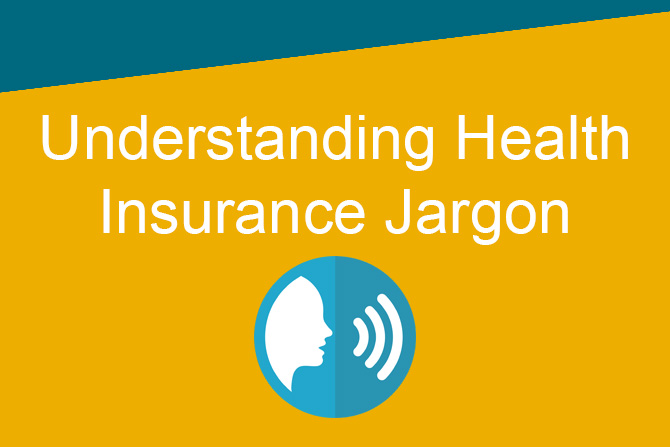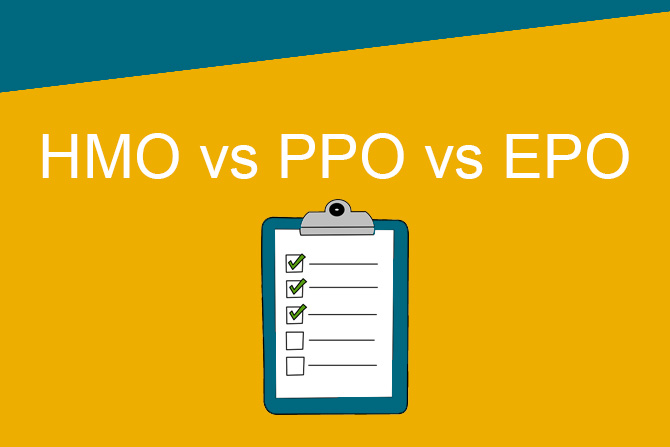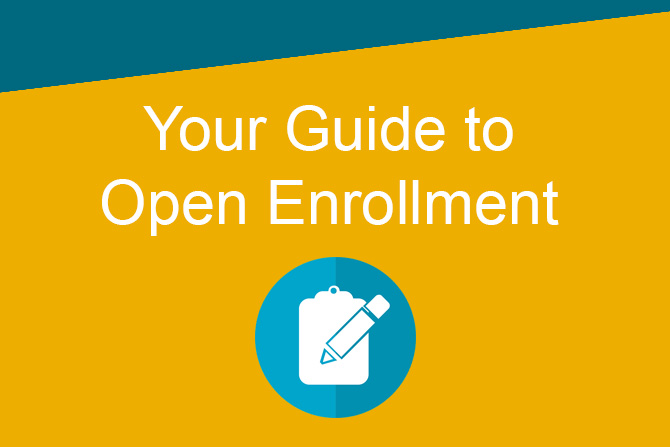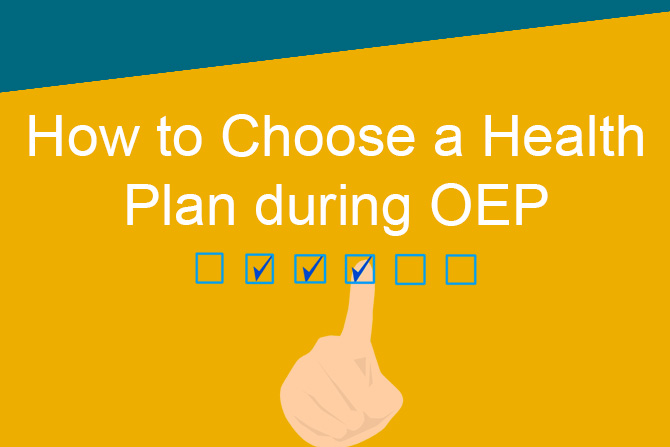If My Employer Offers Health Insurance, Can I Get Obamacare?
December 20, 2017
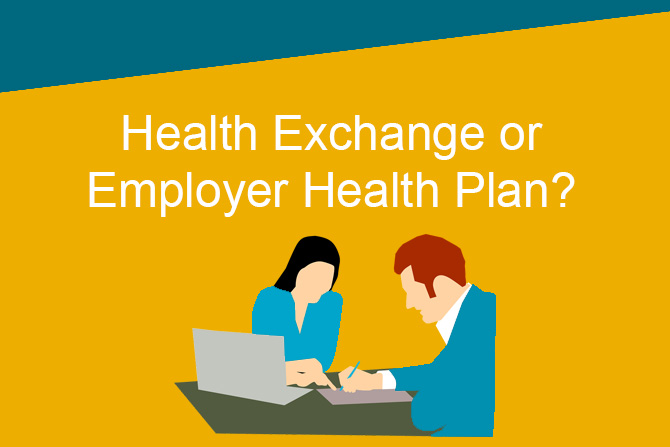
Many people have asked us about whether they can purchase a health care plan from an Exchange instead of sticking with their employer-sponsored health plan. The simple answer: Yes.
So now that we have got that out of the way, let’s look at the upsides and downsides to opting out of an employer-sponsored plan, and purchasing an Exchange plan instead.
Potential Upside
Most Exchanges offer a number of plan options that you can choose from, at a variety of pricing levels. Meanwhile, most employer-sponsored coverage is limited to just a few plan options. For example, your employer-sponsored plans may only include an HMO option, but you really want to keep the flexibility of the PPO that you have had for years. In that case, you might want to consider opting out of your employer-sponsored plan so that you can select the specific plan that fits your needs.
For more information on the differences between plan types, check out our blog post HMO, PPO, OR EPO… I JUST DON’T KNOW.
Potential Downside
If your employer’s insurance is considered “affordable” and provides “minimum value” defined in government regulations, you are not eligible for a government subsidy to help buy a policy in the exchanges.
If your employer covers a portion of your premium, but none or little for your family members, it might be worth looking at an Exchange option for your entire family (or just for your other family members).
Back to “affordable” and “minimum value” for a minute. Let’s define those:
Affordable Coverage: A job-based health plan covering only the employee that costs 9.69% or less of the employee’s household income.
Minimum Value: The plan must pay at least 60% of the total cost of medical services for a standard population and benefits must include substantial coverage of physician and inpatient hospital services.
If your employer-sponsored health plan does not meet both of these requirements, then you are likely eligible for a subsidy, in which case it could prove beneficial to opt out of the employer-sponsored coverage, and purchase a plan on the Exchange.
There may be a lot of other factors to consider, so my best advice is to figure out your budget and then speak with an insurance coverage expert. The more questions you ask, the better off you’ll be.



